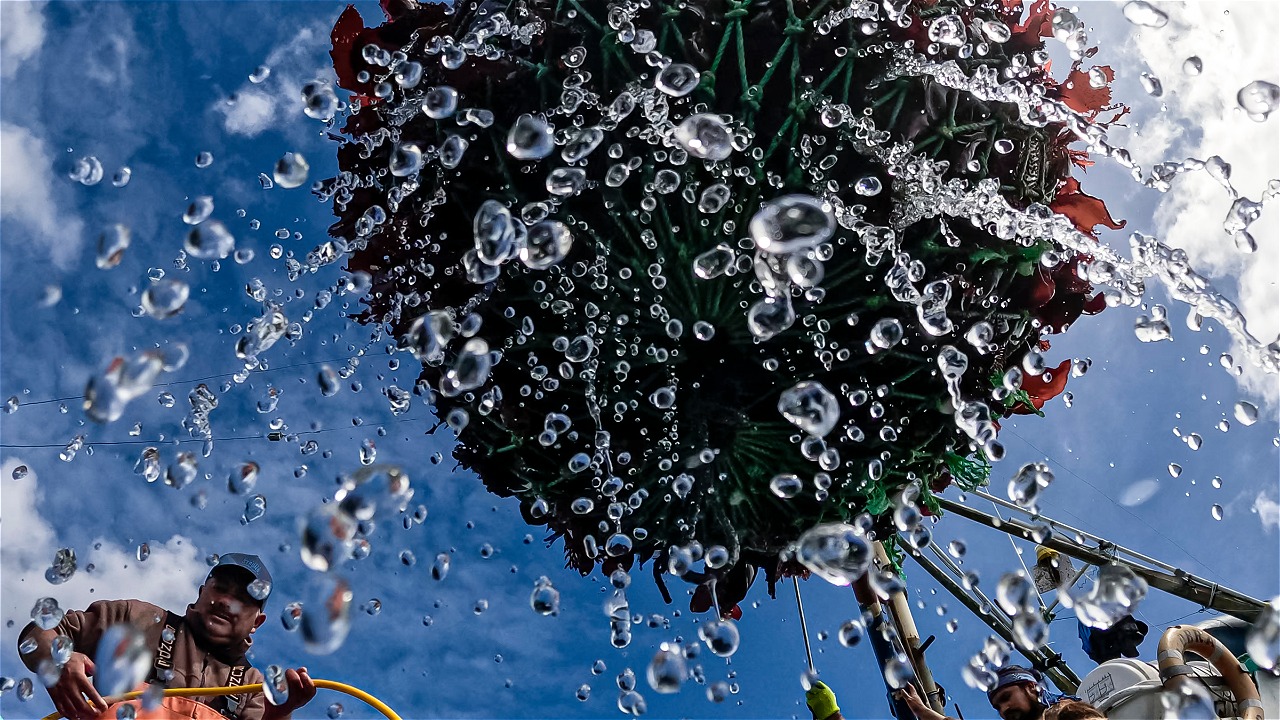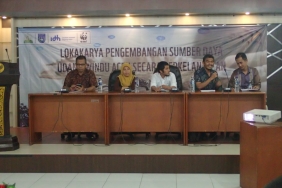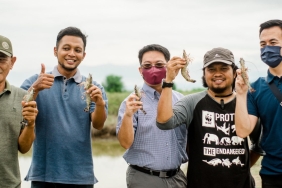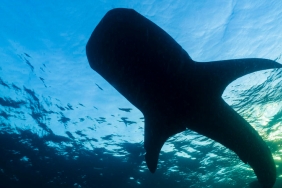CRAWLING "ON-BOARD OBSERVER" IN BITUNG AND SORONG
Author: Nina Samidi
Jakarta (13/02) -On 26 and 28 January 2011, WWF Indonesia in cooperation with two high schools of fisheries, the Bitung Fishery Academy and Sorong Fisheries Academy held a socialization event on the issues of Bycatch, in the fishing fleet in Indonesia, as well as holding the Sampling Prevention and Handling Training.
This event is intended for mid-level cadets who will leave the street vendors in fishing fleets throughout Indonesia. Both schools welcomed WWF Indonesia's training because the curriculum on issues of conservation and sustainability of marine resources, especially on the side catch is not enough in each school.
In this training, the participants get an idea of the roles, challenges, and opportunities and potential of Indonesian fisheries in the world of global fisheries. In particular, they also get the practice of turtle handling training as a side catch. Not only that, the participants also received knowledge of film screenings about the important role of sea turtles, ecolabeling certificates on fishery products, and others, as well as an explanation of the current global seafood trends derived from responsible and responsible fishery stocks and practices sustainable, including seafood products.
The importance of safeguarding marine ecosystems by one of them prevention and handling of by-catch makes them realize that these side-catching animals have an important function in maintaining the balance of marine ecosystems so that proper handling should be known to every fisherman. Therefore, they welcomed WWF Indonesia's invitation to join the on-board observer as their contribution to responsible and sustainable management of Indonesia's fisheries.
As a result, 88 APB students and 25 APSOR students are willing to be on-board observers in several large fishing vessels, including shrimp and tuna longline trawlers that will go to sea for 2 - 3 months. Both schools also agreed that similar activities should be undertaken annually to improve students' knowledge of the bycatch issue.
In addition to these two schools, WWF Indonesia also held training with 17 representatives from four large shrimp trawler companies. The training was focused mainly on the handling of side-catching turtles and also sharing experiences on tools that could be used to prevent accidental catching of turtles.
On this occasion, the participants also shared their experience in using BRD (Bycatch Reduction Device) and TED (Turtle Exclude Device) and what problems they faced. The matters discussed are very diverse, ranging from very technical problems, namely obstacles to the use of TEDs such as the catching of rays that can cover the net and reduce the catch, to the national issues of IUU (illegal unregulated unreported) fishing that occurs in their fishing grounds . These illegal fishermen usually come from Thailand, Taiwan, China, and others.
Training was concluded with an agreement of their support for WWF Indonesia's programs, including recording of data and research over the sea, as well as increasing the use of TEDs that will provide the best results for them.
With ongoing training on the prevention and handling of these catchments, it is hoped that gradually increase knowledge and awareness of the fishermen to be more wise, especially when handling protected and endangered marine animals are caught unintentionally when they go to sea..





